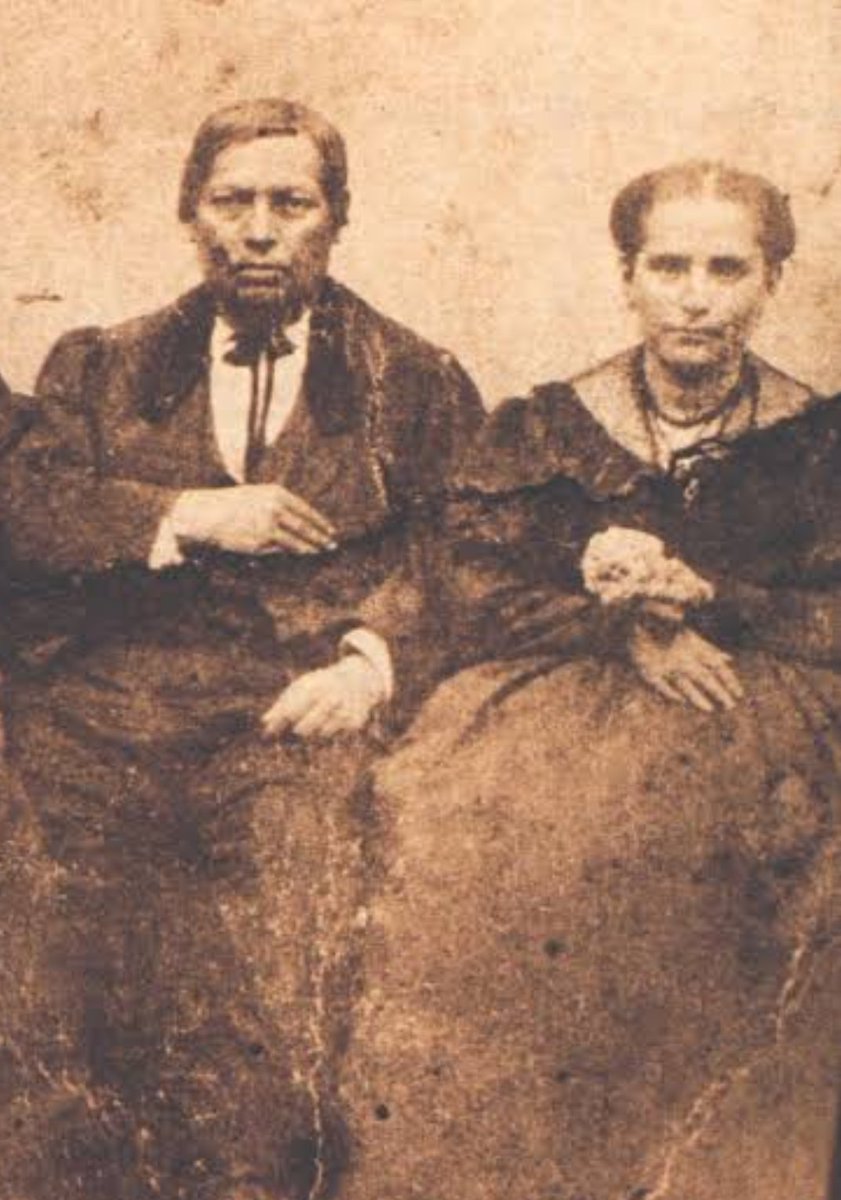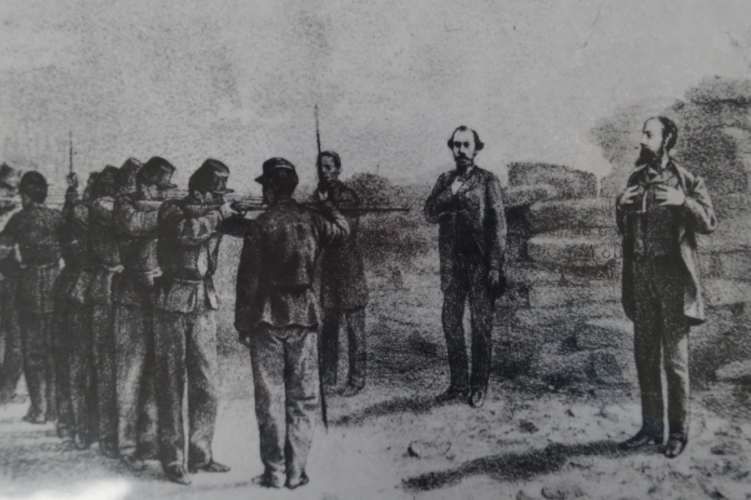
During the second half of the 19th century, Mexico experienced a turbulent period in which an internecine war unfolded between Mexicans. The forms of government were discussed with respect to whether a Federalist or Centralist Republic should be established and then the one of establishing a monarchical model that could curb liberal ideas was added.
Thus, in addition to the discontent of the conservative parties in the country, he conspired to bring a French monarch to Mexico to take over and take over the country.
This is how Maximilian of Habsburg arrived in 1963, who was destined to maintain the interests of the conservatives, to remove all traces of the legal measures implemented by the liberals and the reforms promoted by the government of Benito Juárez that caused the Reformation War to explode in 1858, as is also known.
However, they did not expect that the young Austrian emperor, together with Empress Charlotte of Belgium, would lean precisely to the opposite side to what was expected, since they had more projects of liberal ideology than they thought.

For example, in 1865 Maximiliano decreed freedom of worship in the territory and basically left intact the law on the disentailment of church property, one of the measures taken by the Juárez government, one of the most criticized and detested by conservatives and the church sector.
This caused discontent and disapproval of the Vatican and the Bishop of Mexico, with whom they tried to reach an agreement. Although these efforts ultimately proved fruitless.
This is why it is not surprising that the young emperor tried to invite President Juarez to the new nation that joined the French empire of Napoleon III. He sent a letter asking him to be part of the imperial government as Minister of Justice. This letter was sent confidentially while the emperor was on the Novara ship.
In it he assured that with the alliance, peace would be brought to the country. However, we know that this alliance did not happen. Juarez categorically refused to be part of the Second Mexican Empire. In 1864 Juárez responded to the letter in this way:
“French filibusterism has jeopardized our nationality and I, who by my principles and my oaths have been called to uphold the integrity of the nation, its sovereignty and independence, have had to multiply my efforts to respond to the sacred deposit that the nation, in the exercise of its sovereign powers, has had to multiply my efforts to respond to the sacred deposit that the nation, in the exercise of its sovereign powers, has made me confident”.

Juárez continued, “I admire your generosity, but on the other hand I was greatly surprised to find in your letter the phrase “spontaneous call”, because I had seen before that when the traitors of my country came to Miramar on their own to offer you the crown of Mexico, with the accessions of nine or 10 peoples of the nation, you saw in all this a ridiculous farce unworthy of being taken into account by an honest and honest man.”
After offering several explanations to the points discussed in the emperor's letter, Juárez concluded: “There is one thing that neither falsehood nor perfidy can achieve, and that is the tremendous sentence of history. She will judge us.”
Eventually the war would continue with heavy losses on both sides, until French army forces and members of the Foreign Legion withdrew on the orders of Emperor Napoleon due to U.S. pressure and growing internal conflicts in Europe.
This left the Emperor unprotected in Querétaro who would eventually be shot on the hill of the Campanas in 1867 after a military trial with Miguel Miramón and Tomás Mejia, which would end the Mexican Empire.
KEEP READING:
Últimas Noticias
Debanhi Escobar: they secured the motel where she was found lifeless in a cistern
Members of the Specialized Prosecutor's Office in Nuevo León secured the Nueva Castilla Motel as part of the investigations into the case

The oldest person in the world died at the age of 119
Kane Tanaka lived in Japan. She was born six months earlier than George Orwell, the same year that the Wright brothers first flew, and Marie Curie became the first woman to win a Nobel Prize

Macabre find in CDMX: they left a body bagged and tied in a taxi
The body was left in the back seats of the car. It was covered with black bags and tied with industrial tape
The eagles of America will face Manchester City in a duel of legends. Here are the details
The top Mexican football champion will play a match with Pep Guardiola's squad in the Lone Star Cup

Why is it good to bring dogs out to know the world when they are puppies
A so-called protection against the spread of diseases threatens the integral development of dogs



